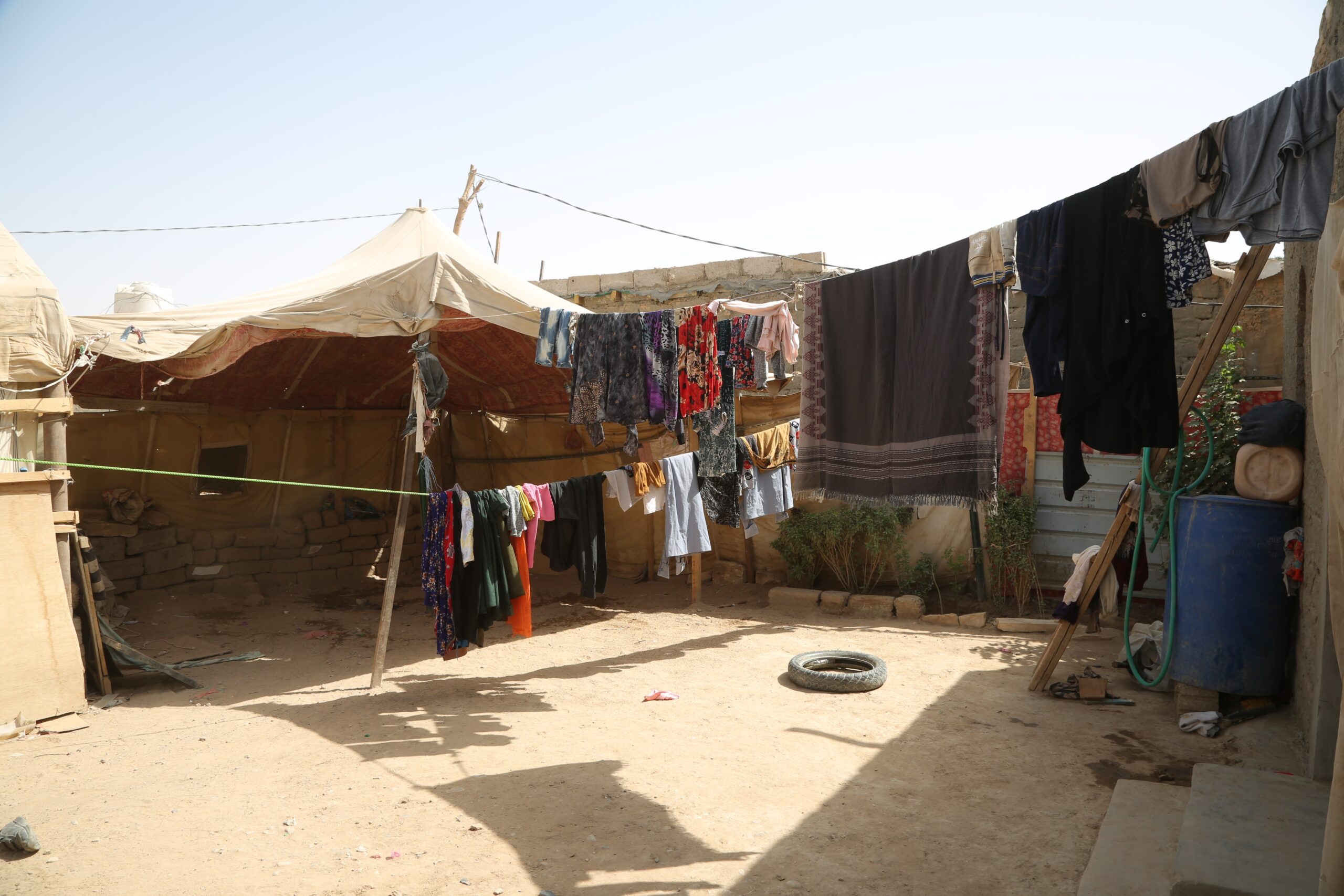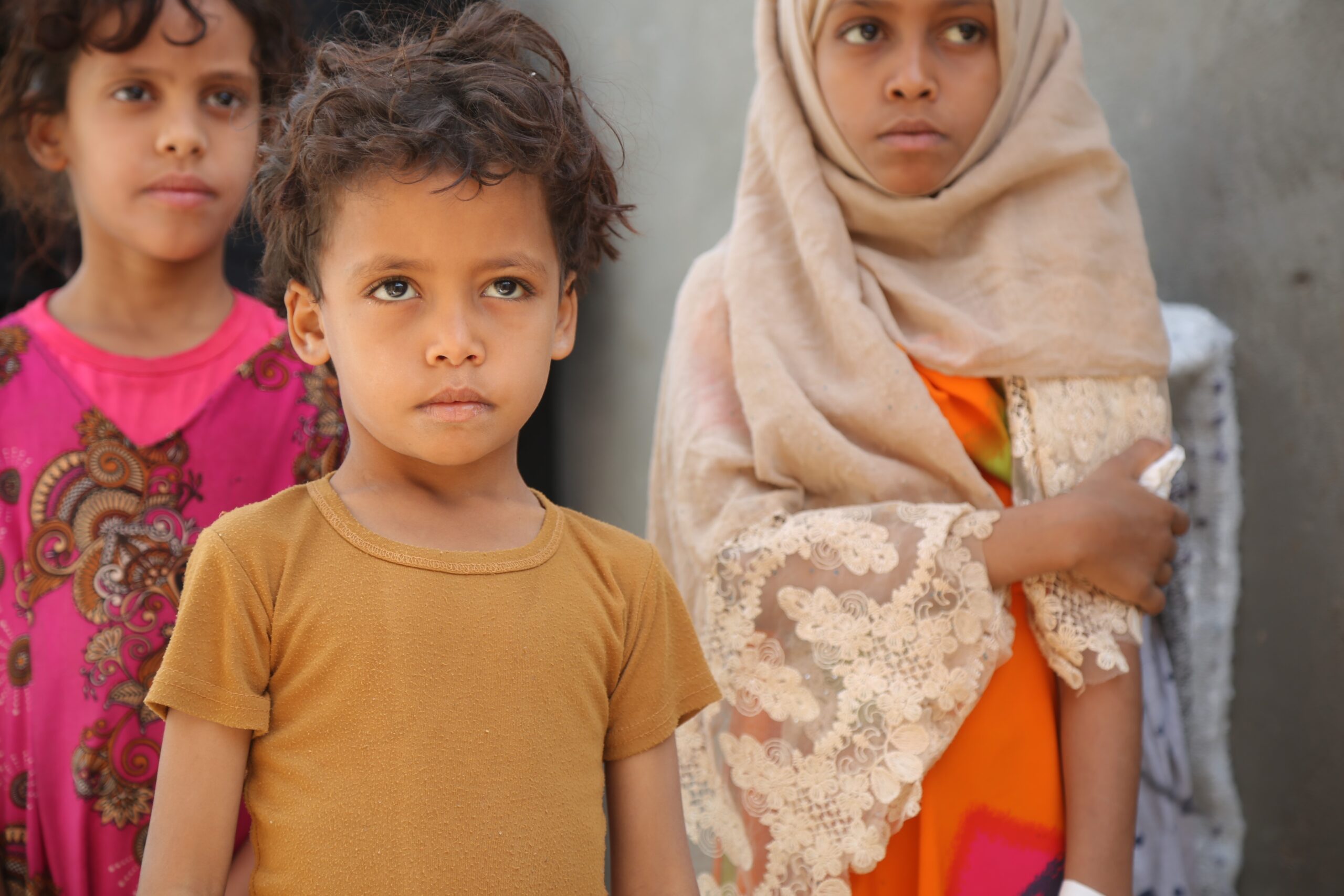As many countries around the global battle the COVID-19 pandemic, Yemen’s isolation from the rest of the world, has for now, thankfully left it free of cases. But self-isolation, disease, restriction of movement and loss of economic opportunity are not new to them. Add on the horror of bombings and fighting and this is the horror families have been living for the last five years. An estimated 24 million people are currently in need of humanitarian assistance inside Yemen, and as the threat of COVID-19 looms, the country is also currently battling a cholera epidemic that has already seen more than 87,000 suspected cases in the first 3 months of 2020.
Three mothers tell of their experiences over the last 5 years here:
All of a sudden, three mothers and their children found themselves forced to flee for the third time in five years. This time around they were forced to travel through the desert to reach Marib Governorate – eastern Yemen. The mothers describe the cruel journey that they and their children were forced to take after the city of Al-Hazm where they had been living, was without warning, enveloped by fighting.
“Everything was normal and there were no confrontations when we went to bed. However, we woke up in the morning to find out that fighting seized control of Al-Hazm City. So we had to flee with only the clothes we were wearing,” recounts Aisha Ahmed Saleh, a mother of six. She continues, “It’s our fate to be constantly in displacement.”
In search of safety, the women and their families were forced to take unknown and circuitous routes through the desert in order to avoid the fighting and reach relative safety in the neighbouring Marib Governorate some 150 kilometres away. A journey that would normally take 4-5 hours instead took the families over 14 hours. Aisha notes, “This was the first time we knew what real thirst and hunger are. We expected the journey to last for four or five hours, as usual. And as adults, we were able to handle hunger unlike our children who were literally starving to death because of the desert, the scorching sun, and the bumpy road that made it difficult for us to have a smooth ride on the bus.”
After arriving in Marib Governorate, Aisha, her six children and the other two families took shelter in a mud house belonging to an already displaced person living in Al-Jufaina camp, south of the Governorate. Despite the fact the house was around 100m² they were welcomed in warmly. With Aisha’s family and that of her friends, there were now 28 people living in this small two-room house. Around 25,000 people are arriving to Al-Jufaina camp on a daily basis according to local authorities, as a result of this latest fighting.




